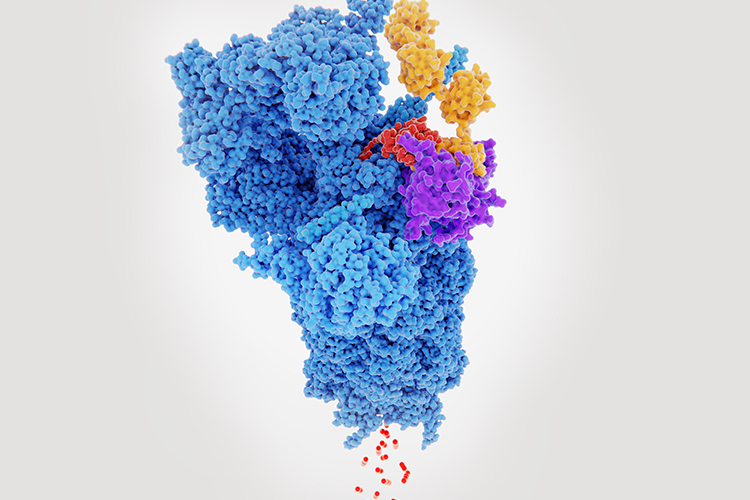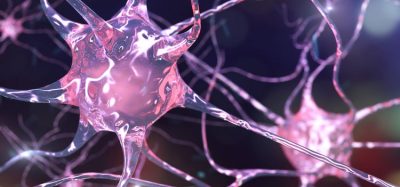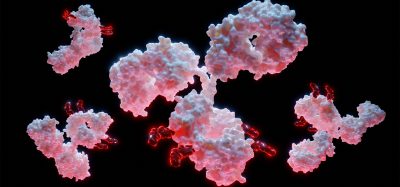Paradigm Shift in Drug Discovery: Discover Small Molecule Degraders Using E3scan™ Technology Platform

ABOUT THIS WEBINAR
Targeted protein degradation (TPD) utilises small molecules to hijack the cellular degradation machinery through the recruitment of E3 ubiquitin ligases to proteins of interest. This induces the ubiquitin-dependent degradation of these target proteins. TPD is of interest in drug development as it can address up to 80 percent of the human proteome – targets previously considered undruggable that cannot be inhibited with traditional small molecule inhibitors, such as scaffold proteins and transcription factors.
Two decades have passed since the introduction of the first PROTAC® degrader; however, degrader discovery and optimisation remains an empirically slow process. The majority of degraders that are in clinical trials recruit the CRBN or VHL E3 ligases to ubiquitinate a protein of interest. Recent studies suggest that varying the recruited E3 ligase can influence the range of target proteins degraded. With the potential to add about half of the 600 human E3 ligases which are involved in the ubiquitin-proteasome system, to the TPD toolbox, the degradable target space can significantly expand.
To help accelerate the TPD field in drug discovery, Eurofins Discovery is diversifying its novel E3scan™ ligand-binding platform with additional E3 ligase target assays. Here, we presented E3scan assay validation data for a variety of E3 ligase targets, including:
- E3 ligases that have not yet been utilised in TPD and for which no small molecule ligands have been previously reported
- E3scan assays for individual substrate domains to screen for E3 ligase substrate selectivity
- Case studies with an example of Aileron’s stapled peptides tested using MDM2 and MDMX E3 ligase
- Advantages of the E3scan technology in quality and speed.
We showed that our novel E3scan platform enables accelerated screening and SAR analysis in the TPD drug discovery field, with rapid turnaround times for discovery library screens (20 business day TAT) and weekly SAR (five business day TAT) and the largest assay panel available on a single technology platform.
Learning outcomes of this webinar:
- Understand how the drug discovery industry can benefit from TPD programmes
- Identify and characterise new, potent and selective ligands that bind and reprogramme E3 ligase substrate specificity using our E3scan ligand binding assay platform
- Develop, characterise and validate the warhead end of novel PROTACs using our KINOMEscan®, BROMOscan® and BCL2scan™ ligand binding assays
- Learn the benefits and advantages of E3scan platform from case studies
- Ask our expert speaker questions and benefit from their knowledge and guidance.
Please note that there are two live sessions available for this webinar – date and timing options can be chosen when registering below.
Register
Speaker
 Ksenya Cohen Katsenelson, PhD, Group Leader, San Diego R&D
Ksenya Cohen Katsenelson, PhD, Group Leader, San Diego R&D
Dr Ksenya Cohen Katsenelson is the group leader and scientific lead of San Diego R&D at Eurofins Discovery, responsible for developing new portfolios of biochemical assays, including in the targeted protein degradation space. Ksenya holds a PhD in Biomedical Sciences from the Technion – Israel Institute of Technology, Israel. She has extensive experience of over 10 years in signal transduction pathways, biochemical and molecular biology assays and she has published multiple papers in scientific journals.
Related topics
Assays, Biopharmaceuticals, Disease Research, Drug Development, Hit-to-Lead, Lab Automation, Proteomics, Screening, Targets
Related organisations
Eurofins Discovery







